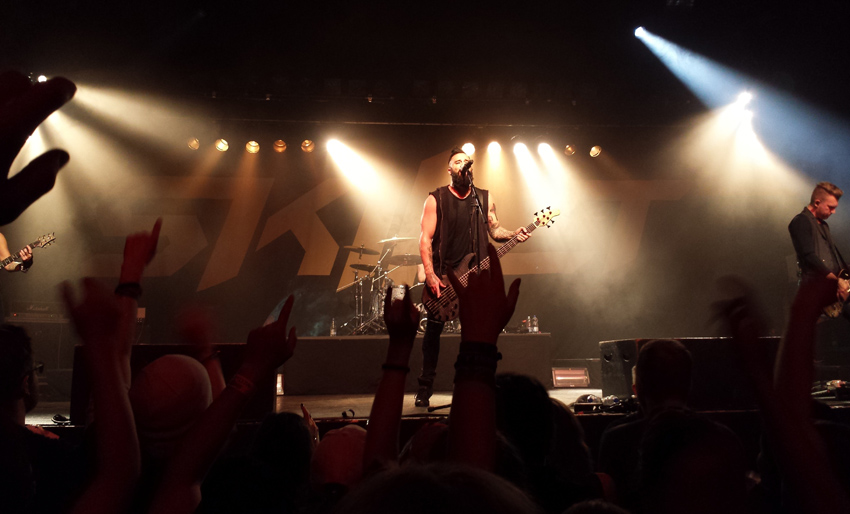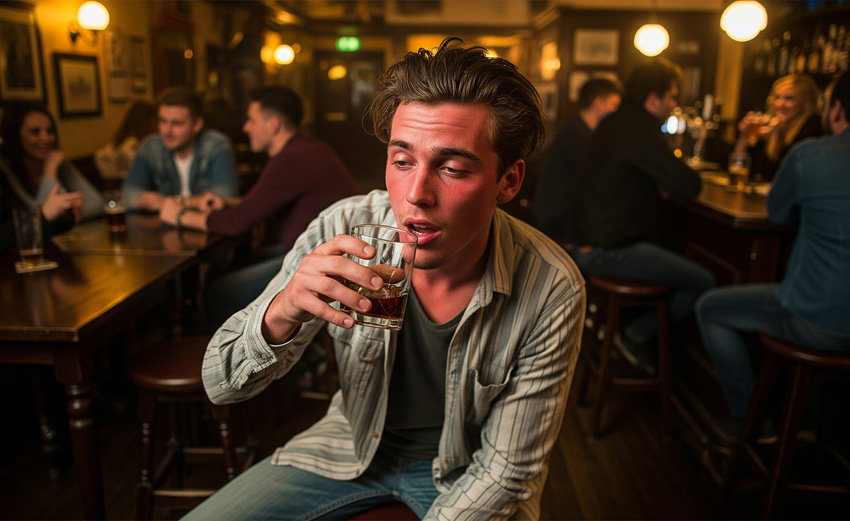The NSW government is introducing major changes in licensing laws, including allowing operator discretion on removing intoxicated persons, in the pursuit of greater safety and reduced violence.
The policies will require modification of the Liquor Act as it applies to the treatment of intoxicated patrons, which is being introduced to parliament this week.
“It’s a change to allow venues the option of either putting someone out of their venue if they’ve had one drink too many, or keeping them in the venue, keeping them safe while they perhaps get transport, while they sober up,” said John Graham, Minister for Music and the Night-time Economy, at an announcement on Saturday.
Existing NSW laws on intoxicated patrons leave no doubt that the licensee or staff are legally required to remove them from the premises, or risk ramifications.
Guidelines produced by Liquor & Gaming NSW (L&G) advise notifying the police if an intoxicated patron refuses to leave. Another option available to operators is a temporary ban.
The law mandating the expulsion of an intoxicated patron is intended to promote the responsible service of alcohol (RSA), but it has long been criticised as effectively forcing people who are by nature in a vulnerable state onto the street, where they are at risk of being involved in violence – whether as instigator or victim – or be endangered by hazards such as traffic. Women also stand a greater chance of becoming a victim of sexual assault.
The proposed change aims to better protect these compromised patrons, allowing licensees the discretion to prioritise patron safety and wellbeing over the immediate removal of someone who has had too much. They can be supervised, on the premises, while transport is summoned or they sober up sufficiently.
Rules will apply, notably a restriction on intoxicated persons entering the gaming room or being served more alcohol.
“There’s no vibrancy without safety,” added Graham.
“So as we increase vibrancy it’s imperative we also improve safety, and this measure will protect people when they’re at their most vulnerable.
“This is a practical step because in many cases the most dangerous place an intoxicated person can be is out on the street late at night.”
The policy change is a key component of the latest round of vibrancy reforms, which are said to focus on increasing safety for patrons and workers, removing the need for venues to choose between avoiding liability and looking after patrons.
Minister for Gaming and Racing David Harris further suggests this change to the approach, along with other measures introduced such as improved sexual harassment and assault training for hospitality workers, will “make it easier for venue operators to keep people safe”.
ClubsNSW, representing more than 1000 registered clubs across NSW, has welcomed the Vibrancy Reforms Bill, hailing it as a landmark step in supporting clubs to become vibrant, inclusive hubs for live entertainment and cultural activity.
CEO Rebecca Riant notes that their members have long served as havens for people at risk, including during times of crisis and natural disasters.
“As community hubs, clubs have always prided themselves on providing patrons with the safest hospitality venues within which to enjoy themselves.
“These reforms will ensure clubs continue to protect people when they are at their most vulnerable, without any risk to their license.”

Another proposal in the Bill sees a redefining of Live Music Venues, which will now qualify licensed clubs where “live music forms a significant part of regular operations” as live music venues eligible for incentives.
As part of the 24-Hour Economy Advisory Council, ClubsNSW has been a strong advocate for these kinds of advancements.
“This latest tranche of reforms removes outdated restrictions and provides clubs with the flexibility to play a pivotal role in the vibrancy of their local communities,” adds Riant.
“Clubs already host 15,000 complimentary events each month for their members and guests, contributing more than $167 million annually to the state’s economy. These changes will allow the club industry to do even more for the people of New South Wales.”
Further initiatives in the third tranche of the vibrancy reforms include:
- Making extended trading hours incentives more accessible for regional venues
- Streamlining the process to remove outdated license conditions
- Special Event Extended Trading for up to 24 hours prior to an event
- Clubs can now apply to host functions away from their premises
These build on changes coming from the first two tranches of vibrancy legislation, which focused on rejuvenating the state’s night-time economy by removing unnecessary restrictions on hospitality operators.
L&G will work with the hospitality industry to get appropriate measures in place and support venues in providing advice and guidance to staff and management.

